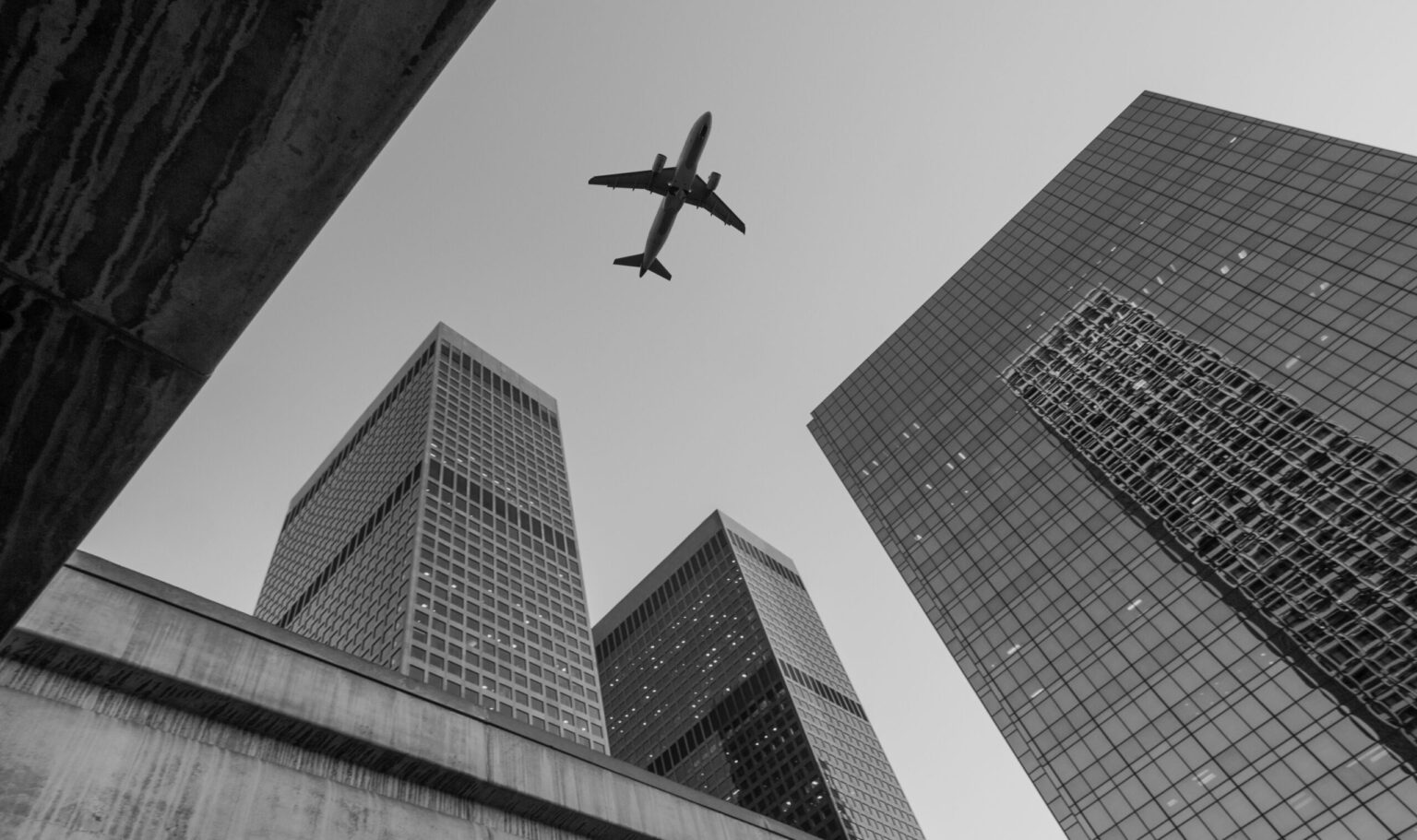In the last month, a Japanese airplane burst into flames on the tarmac after colliding with an American aircraft, a panel blew out of the side of an Alaska Airlines plane mid-air, and a cargo plane made an emergency landing in Miami after an engine malfunction caused it to spew flames in flight. Many worry that the Federal Aviation Administration, the agency that declares, “Our continuing mission is to provide the safest, most efficient aerospace system in the world,” has shifted its focus instead to Diversity Equity and Inclusion (DEI).
From the beginning of his service as secretary of transportation, Pete Buttigieg made DEI a top priority. He’s even created an Advisory Committee on Transportation Equity. And recent headlines claim the FAA is expanding a push to hire people with disabilities. Indeed, the list of disabilities they are considering includes those with hearing or vision loss, missing extremities, complete or partial paralysis, and, what may be most alarming to air travelers, “severe intellectual disabilities” and “psychiatric disabilities.”
As it turns out, the FAA’s diversity initiatives included persons with disabilities as early as 2013. Recent incidents, however, conjured visions of confused and colliding planes misguided to their destinations by individuals too cognitively or psychiatrically impaired to assume the task of securing planes for flight, much less seeing them safely into the air and back to the ground.
If you go to the FAA’s website to see what jobs they are trying to fill, you’ll see this list. It’s hard to imagine someone with a cognitive impairment able to manage any of them, but easy to see how someone would be alarmed by the prospect.
The FAA consoles us that extensive testing is done to verify qualifications, and that there is no reason for concern. But does that implicate the FAA in a bait and switch with people with disabilities?
Any parent who has a child with a disability will tell you that rejection is too large a part of their life. Many grow up hearing that they don’t qualify for this or that service, or for this or that program. It’s very common, and sometimes even required, to be rejected by one program so you can be considered for another.
Perhaps the FAA is trying to be sincerely generous to persons with disabilities. There is no reason to assume the worst. Yet it would be a grim thing if people with disabilities were being used by a federal agency to make a political point.
Of course, the whole DEI movement is about gathering political power and then using it to divide people into assigned categories of oppressor and oppressed. Corporate DEI departments who promote incidental genetic traits over qualifications contribute to the discrimination they proclaim they want to defeat.
When people hear the word “disability,” they likely see in their mind’s eye an identity group symbolized by those signs for special parking places. That’s the kind of broad-brush grouping that may be necessary for parking places but becomes dehumanizing when that impression is carried over into disregard for the individual needs and abilities of those who are living with physical, mental, or cognitive impairments.
The truth of disability is that the population is incredibly diverse in their unique gifts and talents. Not everyone can do everything, nor should everyone be expected to do everything—or given the hope or opportunity of doing everything. To attempt to create a world based on a utopian idea of equity is likely to give those with disabilities false hope—and ultimately another opportunity for rejection and humiliation.
Read the full article here














